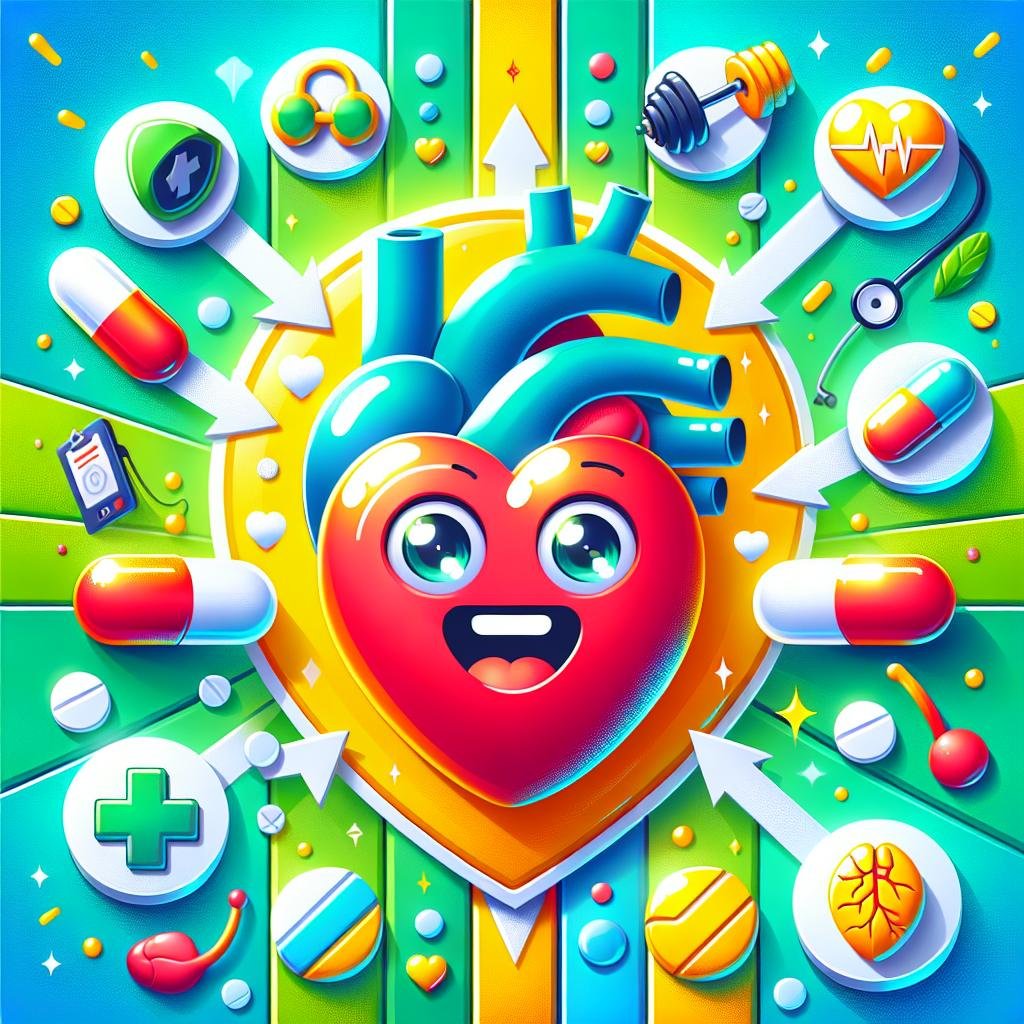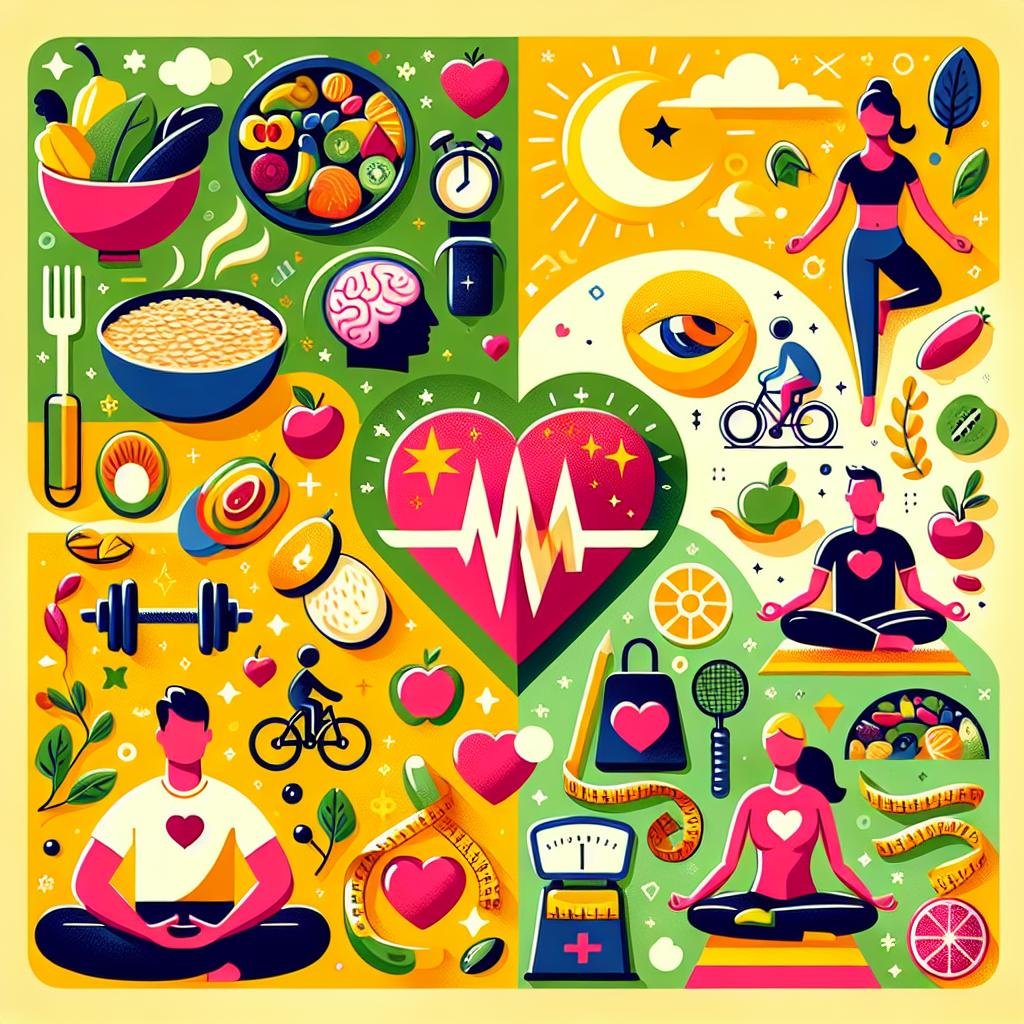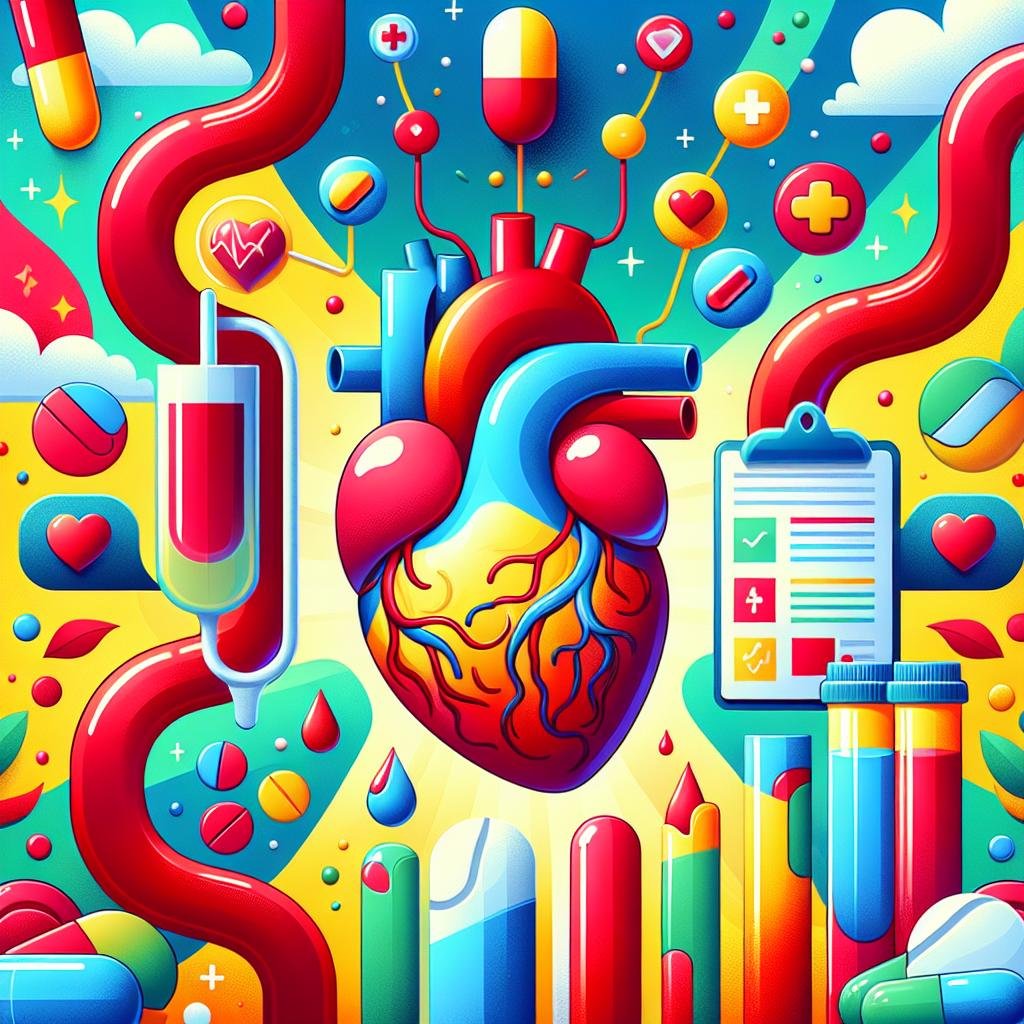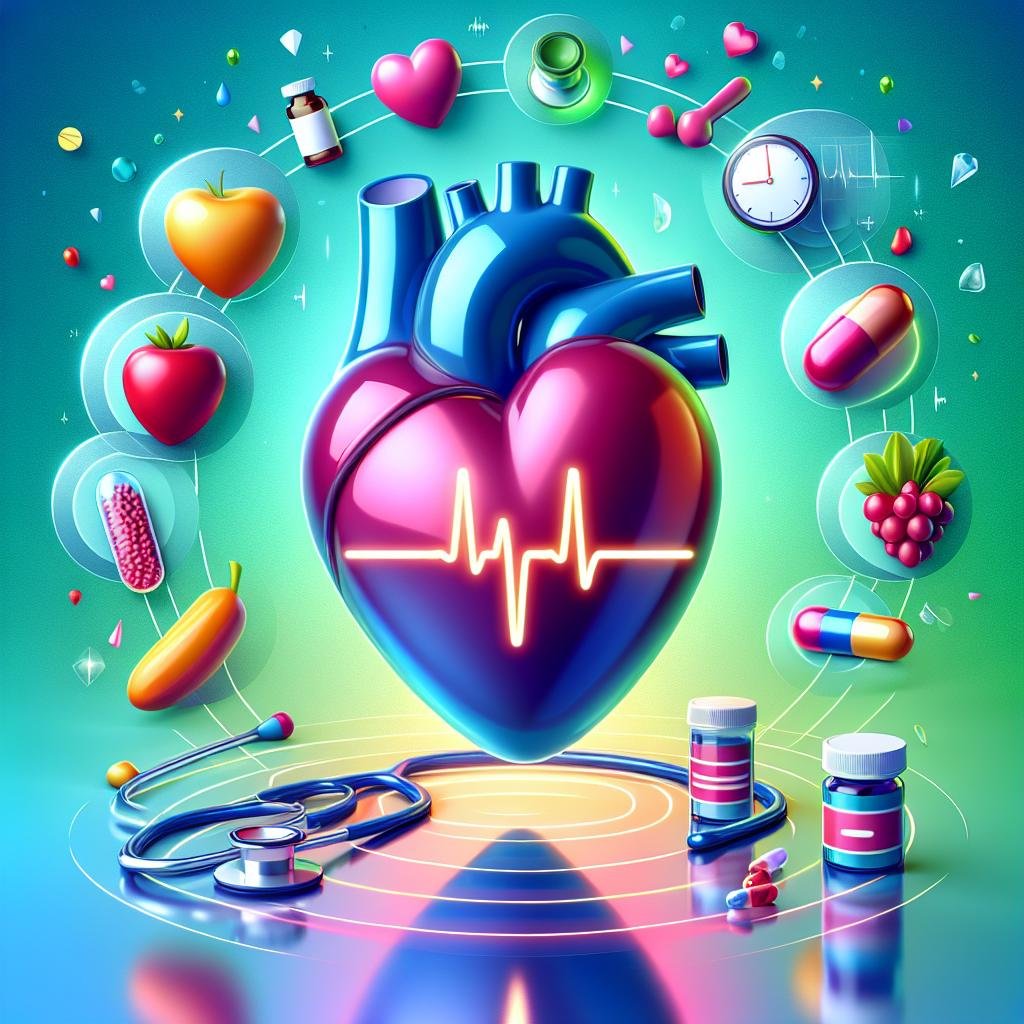The Role of ACE Inhibitors in Heart Failure Treatment
Introduction Heart failure is a serious health problem that affects many people around the world. It happens when the heart becomes weak and can’t pump blood as well as it should. This means that the body doesn’t get enough blood to work properly. Heart failure can make people feel very tired, short of breath, and […]
The Role of ACE Inhibitors in Heart Failure Treatment Read More »









